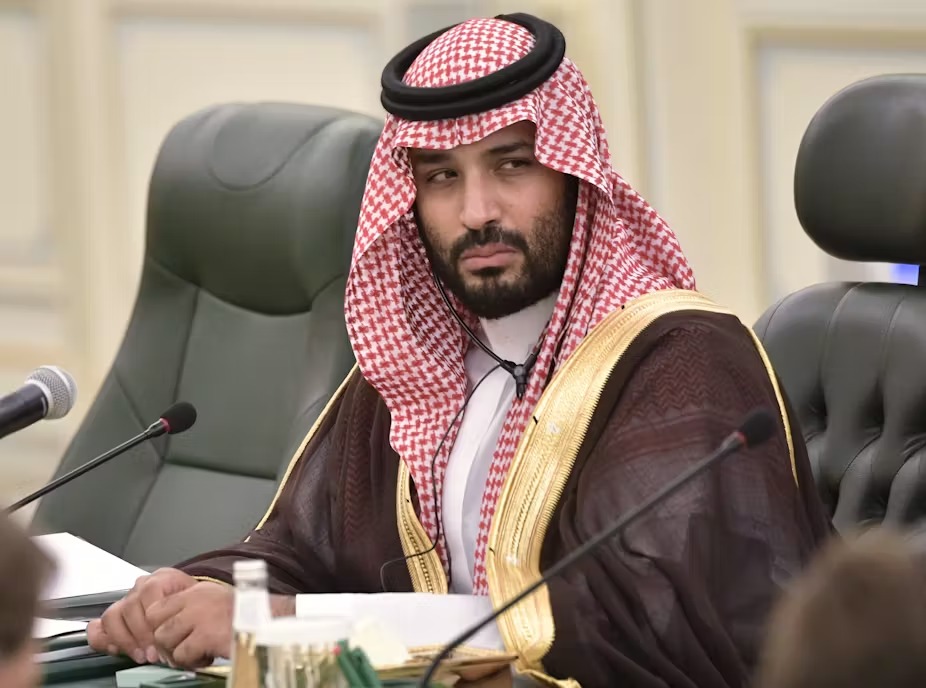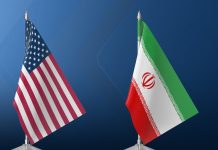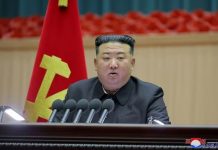DM Monitoring
DUBAI: Saudi Arabia’s crown prince may not be inside the room for the first high-level talks between Russia and the United States over Moscow’s war on Ukraine on Tuesday, but Mohammed bin Salman still wins the day for hosting the gathering that could be a game changer in the bloody conflict.
The assertive 39-year-old heir to the throne in the oil-rich kingdom already has taken over Saudi Arabia as its de facto leader under his father, the 89-year-old King Salman. But the prince’s war in Yemen and the 2018 killing of Washington Post journalist Jamal Khashoggi, which U.S. intelligence agencies believe came at his orders, tarnished his reputation internationally.
Crown Prince Mohammed now finds himself at the center of the Trump administration’s outreach to Russia, a country Saudi Arabia carefully maintained ties to during the war through the OPEC+ oil cartel.
The prince likely caught President Donald Trump’s attention when he announced plans for a $600 billion investment in the United States — prompting the American leader’s musings about whether to make Saudi Arabia the location for his first foreign trip in this presidency.
As the summit opened, the state-run Saudi Press Agency announced that “upon directives from” the royal, talks between Russa and the U.S. are taking place in Riyadh as “part of the kingdom’s ongoing efforts to promote global security and peace” — firmly putting Prince Mohammed’s fingerprints on the proceedings.
The strategy still holds risks for Prince Mohammed, particularly as the shaky ceasefire in the Israel-Hamas war that ravaged the Gaza Strip remains in question.
Trump’s repeated comments that he wants the U.S. to “own” the Gaza Strip have inflamed the Arab world. The Palestinians want Gaza and the West Bank for a future state, something backed by nearly all of the international community.
Also, Saudi state media in recent days have openly criticized Israeli Prime Minister Benjamin Netanyahu — something that was avoided while Prince Mohammed weighed a possible diplomatic recognition deal with Israel under the Biden administration.
The idea of an American ownership of Gaza — as muddy as to what that would mean exactly — has similarly angered Saudis who support the Palestinians. The Saudi Foreign Ministry, in a quickly reaction to Trump’s initial remarks, said its “unwavering position is nonnegotiable and not subject to compromises.”
But the kingdom did not criticize Trump directly.
Then there’s Trump longstanding criticism of OPEC, in which Saudi Arabia remains the top power. In January, Trump claimed OPEC price cuts would be able to “automatically stop the tragedy that’s taking place in Ukraine.”
“One way to stop it quickly is for OPEC to stop making so much money and to drop the price of oil, because they have it nice and high,” Trump said in January.
“And if you have it high, that war is not going to end so easily.”
However, global oil prices are down from highs of over $120 a barrel in 2022 after Russia’s full-scale invasion of Ukraine, to around $75 a barrel today. The lower prices threaten Prince Mohammed’s ambitious projects, including his vision of the futuristic city of Neom, priced at $500 billion.
The prince’s peace push eases the burden on Saudi Arabia
During years in the cold after the Khashoggi killing, both Russia and China offered Saudi Arabia and Prince Mohammed the cachet of being respected by Moscow and Beijing, bypassing persistent human rights concerns of the West. Prince Mohammed has hosted and spoken by phone with both Chinese President Xi Jinping and Putin.
Then, a 2023 Chinese-mediated deal on the kingdom reestablishing ties with Iran have Prince Mohammed a new opportunity to show the U.S. that others can shape Mideast politics. It also eased a major security concern for the kingdom after a likely Iranian attack in 2019 temporarily halved the kingdom’s oil production.
What the kingdom perceived as a slow American response to that attack and others, by the Iran-backed Yemeni rebels, has promoted Saudi Arabia to hedge its risks through outreach to both Western friends and foes alike.
In the Saudi-owned, London-published newspaper Asharq Al Awsat, journalist Mishari al-Dhaidi described the summit as “restoring dialogue between the two poles of the world” and saying exuberantly that it opens a window of hope “to let in fresh air and a bright ray that spreads the leaves of optimism.”
“It is a major step on the international political chess arena, revealing the status of Saudi Arabia and its positive influence for the benefit of the people all the people,” he wrote.
Flowery language aside, Prince Mohammed’s strategy appears to be working at the moment — regardless of the outcome of Tuesday’s meeting.
Ukrainian President Volodymyr Zelenskyy is expected in Saudi Arabia on Wednesday — and Trump himself may turn up sooner or later.





